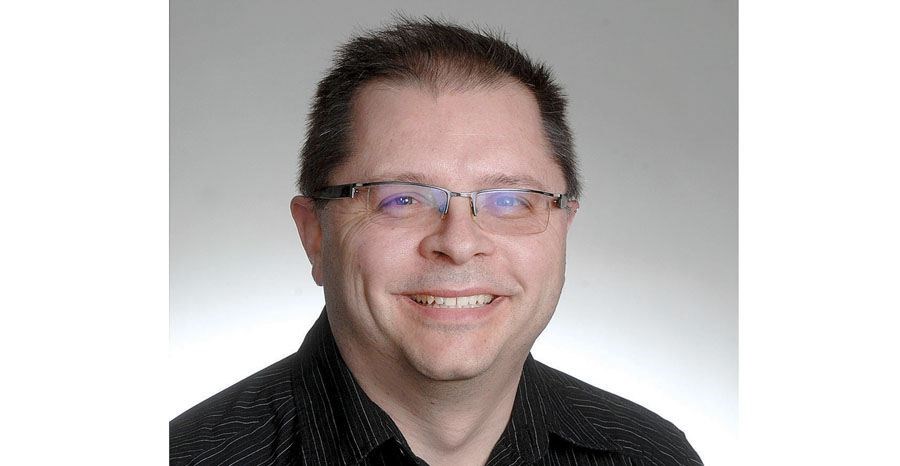The work of Catharine Schiller and Shannon Freeman, professors in UNBC's nursing program, is exactly the kind of important research and analysis needed for Prince George, for central and northern B.C. and for the country.
They started with one simple, timely and thought-provoking question: how could physician-assisted dying be delivered to the rural regions of Canada?
How, indeed?
As Schiller told The Citizen, the ideal scenarios being described by right-to-die advocates talk about lengthy relationships with a family doctor and easy access to equally supportive medical and pharmaceutical options.
Sounds good, except for the fact that family doctors coming and staying in rural communities for the duration of their career is increasingly rare across Canada and access and options in health care are all in limited supply outside of the major metropolitan centres.
The questions just kept coming for the two UNBC researchers.
Outside of Prince George, what happens to the residents who don't have doctors at all and receive medical attention at community clinics from registered nurses and nurse practitioners? What sort of training, support and resources would be needed to allow these health-care professionals to offer assisted dying as an option to their patients?
As it stands, Freeman pointed out, a full array of palliative care options for end-of-life patients, of which physician-assisted dying is just one of those options, isn't fully accessible to all Canadians.
"Physician-assisted dying cannot replace a good palliative care strategy that is also set up to succeed in rural settings and a good palliative care strategy cannot exclude the physician-assisted death," Schiller added.
In other words, rural Canadians should have every right to be able to choose physician-assisted dying as an option at the end of their lives but that choice shouldn't be made because of limited available end-of-life care options.
Full palliative care in rural Canada is also an ideal, probably as unrealistic as quick and easy access to specialists, as unattainable and unlikely as the perfect passing under a doctor's care.
The anonymity of an urban environment allows doctors to have patients for 20 years but barely know them, rarely deal with them as patients and never see them outside of the office.
The doctor-patient relationship in cities is formal and tidy.
In rural and isolated communities, however, doctors and health-care providers know everything about their patients, through the office visits, seeing them regularly in the community and hearing about what they're doing through the inevitable small-town gossip. That lens works both ways, of course, with patients knowing and being part of the personal lives of their doctors and nurses.
In a city, even one as small as Prince George, doctors, nurses and pharmacists can all play a role in assisted dying as part of end-of-life care but still be quite removed from being directly affected.
Patients can take comfort in the privacy of asking someone little more than an acquaintance to help them take their own lives to end their suffering.
In communities like McBride or Fort St. James, however, that connection is closer and more immediate between patients and health-care providers. The former teacher of their children. The fellow fall fair volunteer. The fishing buddy. The next-door neighbour. All of these people could choose physician-assisted dying in their last days.
Urban residents have millions of people in close proximity who neither know nor care who they are.
Rural residents have few people in their space but their relationship with those people is far more intimate. Both lifestyles come with advantages and disadvantages but the point is they are starkly different, which means a federal law setting out the conditions under which physician-assisted dying can be provided will mean one thing in Montreal and another thing in Mackenzie.
Thankfully, Prince George is blessed to have a university with talented academics pursuing these topics, asking those difficult questions and encouraging policy makers to more thoroughly consider the implications of their decisions.
-- Managing editor Neil Godbout



